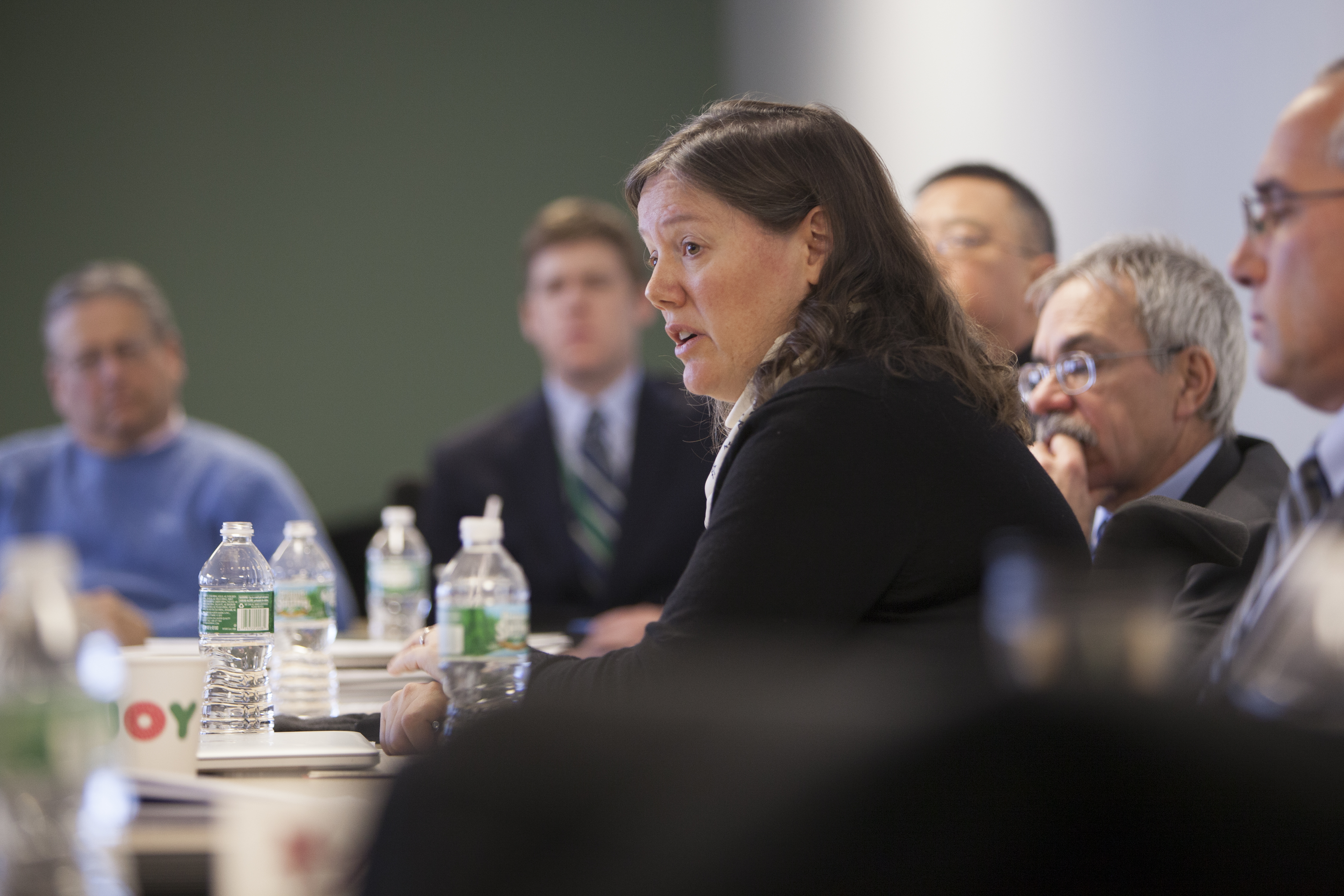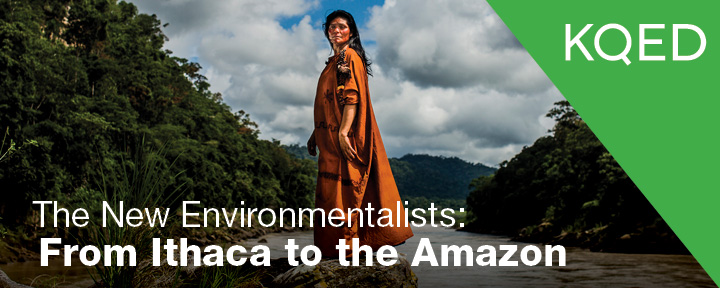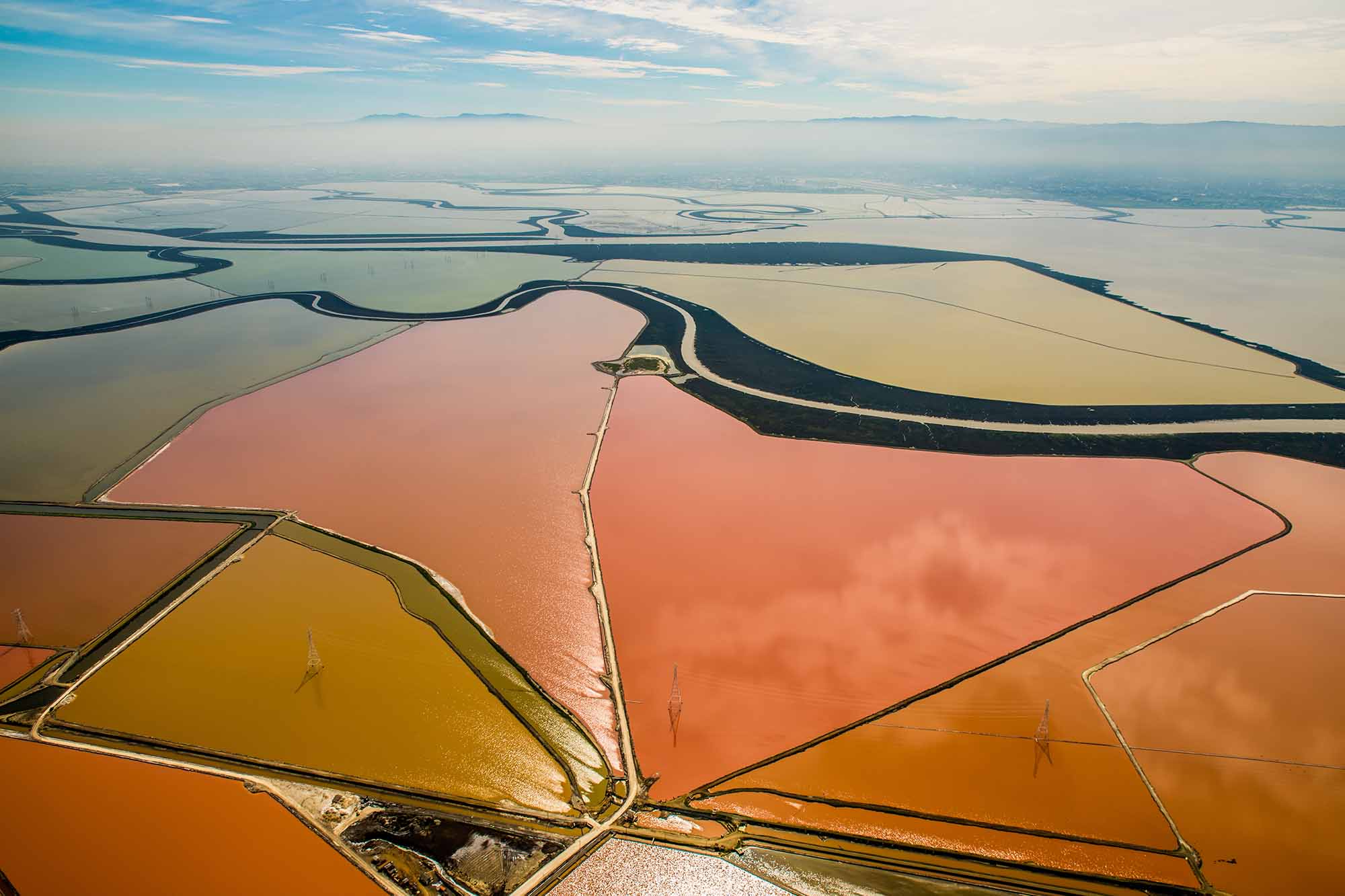Robert Redford tells the inspiring stories of six environmental heroes who are safeguarding the Earth's natural resources.
With an environmental crisis the size of our planet, it's no wonder many of us feel helpless. In this year’s remarkable installment of The New Environmentalists, however, people who thought they didn’t have the power are realizing that it’s already in their hands. Six unlikely heroes from around the globe prove that a healthier planet is a basic human right.

- In Upstate New York, Helen Slottje discovers that the state constitution supports her community’s decision to ban local fracking. Dr. Anthony Ingraffea, professor of engineering at Cornell University says, “As citizens, we have the right to say no.”
- In Peru, Asháninka leader Ruth Buendía confronts the governments of both Brazil and Peru … using their own legislation. After protecting her indigenous people from a devastating dam project, she says, “If the government has given us these legal rights, then it’s up to us to apply the law.”
- In India, the law requires villagers’ consent before coal mines can expand their toxic use of the land. Ramesh Agrawal fights government corruption so that tribal people can enforce their right to clean air and water. He succeeds in getting illegal mining permits revoked.
With yet another Emmy win this spring and more stunning photography and inspiring characters, The New Environmentalists (formerly Global Focus) is back for an incredible eleventh year. The action-packed format hasn't changed, but the victories are getting more powerful, thanks to a decade of environmental activism and public television's commitment to sharing these stories. This year, celebrate our progress by traveling to Peru, South Africa, Indonesia, Russia, India and the United States to meet six ordinary citizens who realized they could make a difference for their communities and for the world.
PUBLICITY PHOTOS:
United States | Attorney Helen Slottje helped towns across New York State protect themselves from fracking by utilizing a clause in the state constitution that empowers municipalities to make local land use decisions.


